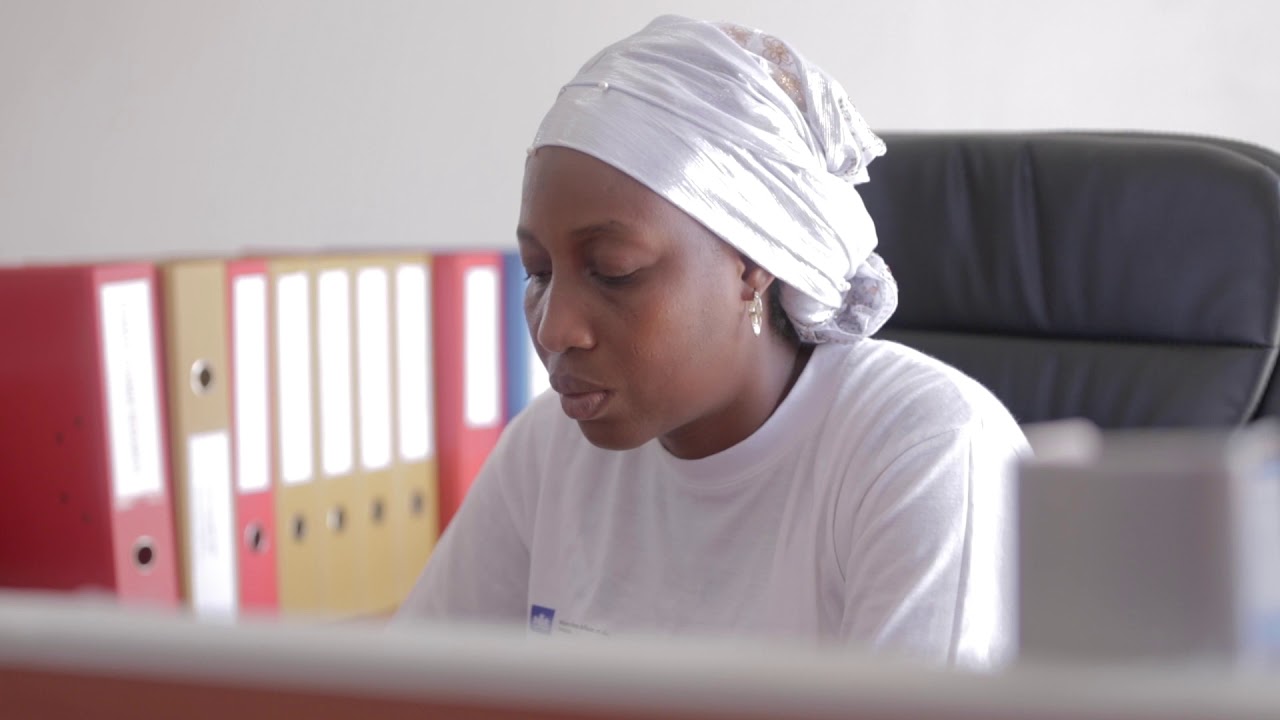ActionAid Ghana, (AAG), an affiliate of ActionAid, a global justice federation working to achieve social justice, gender equality and poverty reduction is calling on government to initiate policies to reduce Unpaid Care Work (UCW) done by individual women for economic and societal benefits.
This, according to the NGO, can be done by government through the provision of more accessible and affordable child services, and services provided closer to where people live and work so that less time is spent in accessing services.
UCW refers to all unpaid services provided within a household for its members including care of person, housework and voluntary community work.
These activities are considered work, because theoretically one could pay a third person to perform them.
AAG is also of the view that UCW can be implemented in national policies such as gender, health, social protection to ensure it gives a positive outlook to the country’s Gross Domestic Product (GDP).
The NGO further called on government to ensure care work is recognized and acknowledged.
Recognition in the form of including provision of compensation for the work, and recognizing it when determining other benefits such as pension payments, or measuring unpaid work in national statistics.
AAG further pushes for redistribution of unpaid work to see to it that unpaid work is more fairly shared among different people.
This, according to AAG is to ensure household members take on greater share of house work and childcare and government also taking on greater share of healthcare provision by setting up an effective public healthcare system.
Promoting Opportunities for Women’s Empowerment Right (POWER) Project Manager at AAG, Azumi Mesuna, addressing the media yesterday at a National Dialogue on UCW says there is the need for the involvement of all stakeholders to ensure positive analysis of unpaid work to overall benefit the economy.
The dialogue which was held in collaboration with the Ghana Statistical Service and Ministry of Gender, Children and Social Protection was to find ways of ensuring that UCW is captured in data and discussed in national debates.
Madam Azumi says all that AAG is advocating for is a change in perceptions and attitudes about UCW and not normalizing as women’s work.
She indicated that UCW does not mean AAG is calling for husbands to pay their wives money for doing care work.
“AAG wants unpaid work which is work done by women and girls to be seen as work and be recognized by stakeholders, especially government” she stressed.
She revealed that research conducted by AAG over the past five years using time diaries to track the activities of both men and women in terms of some categories of activities indicate that women do a lot of care work.
It revealed that women spend more than 13 hours doing care work which adds no value to their economic activities and rather eludes them the opportunity of doing paid work that could have generated them income.
Incomes, she added, would enable them participate in community decision making to be able to access opportunity and information.
It also revealed that women do not have time for leisure for and spend most of the time working, in addition to men spending less than three hours a day in supporting home child care.
Country Director at AAG, in his welcome address, stated that governments can prioritize public spending that reduces the drudgery of unpaid care work and ensures more sustainable access to and control over water and energy for women.
Governments, he said, can, by raising more revenue, take on greater responsibility for care provision and redistribute this work more equitably.
These changes, he said, however, will not happen overnight and will require more research and analysis on the part of government and civil society on how policies can be adapted, implemented and financed.
He stated that there was the need for AAG to strengthen its alliance to push for more reforms in our systems from the local and national level in favor of the recognition, reduction, and redistribution of UCW.
He was happy to announce that UCW campaign has been impactful both at the national and local level by advocating for the establishment of child care centres and other social amenities to reduce the drudgery of UCW.
“We have also been innovative with our approach and have employed the use of all-making cooking competitions as a tool for sensitizing men on the issue of UCW” he mentioned.
Source: The Finder

